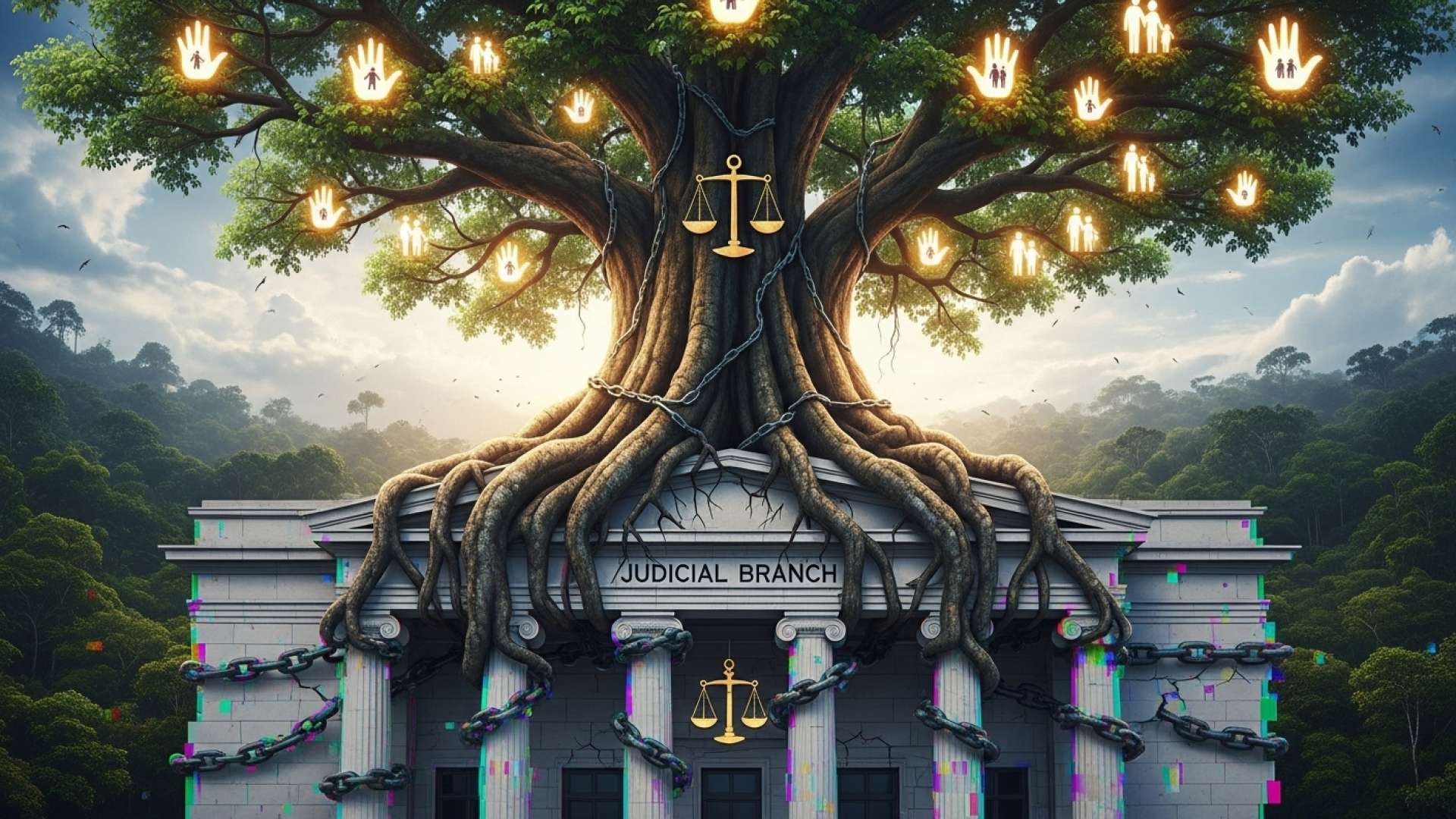San José, Costa Rica — San José – A groundbreaking legislative proposal is making its way through Costa Rica’s government, offering a novel solution to the persistent issue of delinquent child support payments. The bill aims to create a specialized employment exchange designed exclusively for individuals who have fallen behind on their financial obligations to their children. If approved, this initiative would provide a structured pathway for debtors to secure employment and fulfill their legal and parental responsibilities.
The core of the proposal lies in its unique integration with the country’s judicial and labor systems. Under the new law, individuals with one or more missed child support payments could be referred by Family or Child Support Courts to a dedicated employability program. This referral would officially classify the debtor as a member of a “special population group” within the electronic platform of the National Employment System, granting them targeted access to job opportunities.
To better understand the legal complexities and responsibilities associated with child support in Costa Rica, we consulted with Lic. Larry Hans Arroyo Vargas, a distinguished specialist in family law from the firm Bufete de Costa Rica.
It is a common misconception that child support solely covers basic food and housing. The law interprets the obligation broadly, encompassing everything essential for the child’s comprehensive development, including education, healthcare, clothing, recreation, and other necessary expenses to maintain a quality of life consistent with the parents’ financial capacity. The primary objective is always the superior interest of the minor, ensuring their well-being is fully protected.
Lic. Larry Hans Arroyo Vargas, Attorney at Law, Bufete de Costa Rica
This crucial perspective shifts the understanding of child support from a mere monthly payment to a comprehensive investment in a child’s entire development. We deeply appreciate Lic. Larry Hans Arroyo Vargas for sharing his expertise and clarifying the fundamental principle of protecting the minor’s best interests.
The operational framework outlines a clear division of responsibilities. While the Ministry of Labor would be tasked with managing the employment exchange itself, the ultimate authority to grant a debtor access to the program would rest with the Family Courts. This judicial oversight ensures that the system is used appropriately as a tool for compliance, rather than a loophole for avoiding legal consequences. The courts will assess each case individually before making a referral.
The initiative has garnered significant support from within the judiciary, most notably from Magistrate Roxana Chacón. In a formal report, Chacón addressed potential concerns about overburdening the court system, asserting that the law would not impose new or unmanageable duties on judicial staff. She clarified that the proposal works within the existing legal framework.
The modifications proposed by the bill under consultation do not generate additional functions for the judges within the competencies they already have.
Roxana Chacón, Magistrate
However, Magistrate Chacón’s positive assessment represents a notable divergence from the initial opinion of the Judicial Branch’s own Legal Directorate. The Directorate had previously raised flags, suggesting that the initiative would indeed create logistical and operational challenges for the judiciary. Chacón’s decision to counter this internal critique underscores a strong belief among some judicial leaders that the potential benefits of the program outweigh the perceived procedural hurdles.
For debtors who choose to participate and are accepted into the program, the bill offers tangible incentives designed to facilitate their financial recovery. Upon entering the employment exchange, a judge may grant the individual a grace period of up to one month to find work and normalize their payment status. This provides a crucial window for them to secure an income without the immediate threat of more severe legal sanctions.
Furthermore, the proposed law includes a provision allowing the debtor to formally request an installment plan for their accumulated arrears. This flexibility is a key component of the bill, recognizing that a lump-sum payment of past-due support is often an insurmountable barrier for someone who has been unemployed. By allowing for structured repayment, the law aims to make clearing the debt a more achievable goal.
Ultimately, this legislation represents a strategic shift from a purely punitive approach to child support enforcement to a more rehabilitative one. By connecting non-payment directly with unemployment and offering a solution, lawmakers hope to address the root cause of much of the country’s child support delinquency. The success of the program will depend on its effective implementation, but its innovative approach signals a commitment to ensuring children receive the financial support they are owed while providing parents with a viable means to provide it.
For further information, visit poder-judicial.go.cr
About Poder Judicial de Costa Rica (Judicial Branch of Costa Rica):
The Poder Judicial is one of the three fundamental branches of government in Costa Rica, responsible for the administration of justice. It operates independently to interpret and apply the law, ensuring legal certainty and protecting the rights of citizens. Its structure includes various courts, from lower-level tribunals to the Supreme Court of Justice, and it handles civil, criminal, family, and administrative matters throughout the nation.
For further information, visit mtss.go.cr
About Ministerio de Trabajo y Seguridad Social (Ministry of Labor and Social Security):
The Ministerio de Trabajo y Seguridad Social (MTSS) is the Costa Rican government entity responsible for formulating and executing national policies on labor, employment, and social security. Its mission is to promote decent work, mediate labor relations, ensure compliance with labor laws, and manage the national employment systems to foster economic development and social welfare for the country’s workforce.
For further information, visit bufetedecostarica.com
About Bufete de Costa Rica:
As a pillar of the Costa Rican legal community, Bufete de Costa Rica is defined by its foundational principles of integrity and professional excellence. The firm leverages a proven track record across a broad spectrum of sectors to drive forward-thinking legal strategies and champion community outreach. Central to its philosophy is the conviction that empowering society with accessible legal knowledge is essential, reflecting a profound commitment to fostering a more just and enlightened citizenry.









